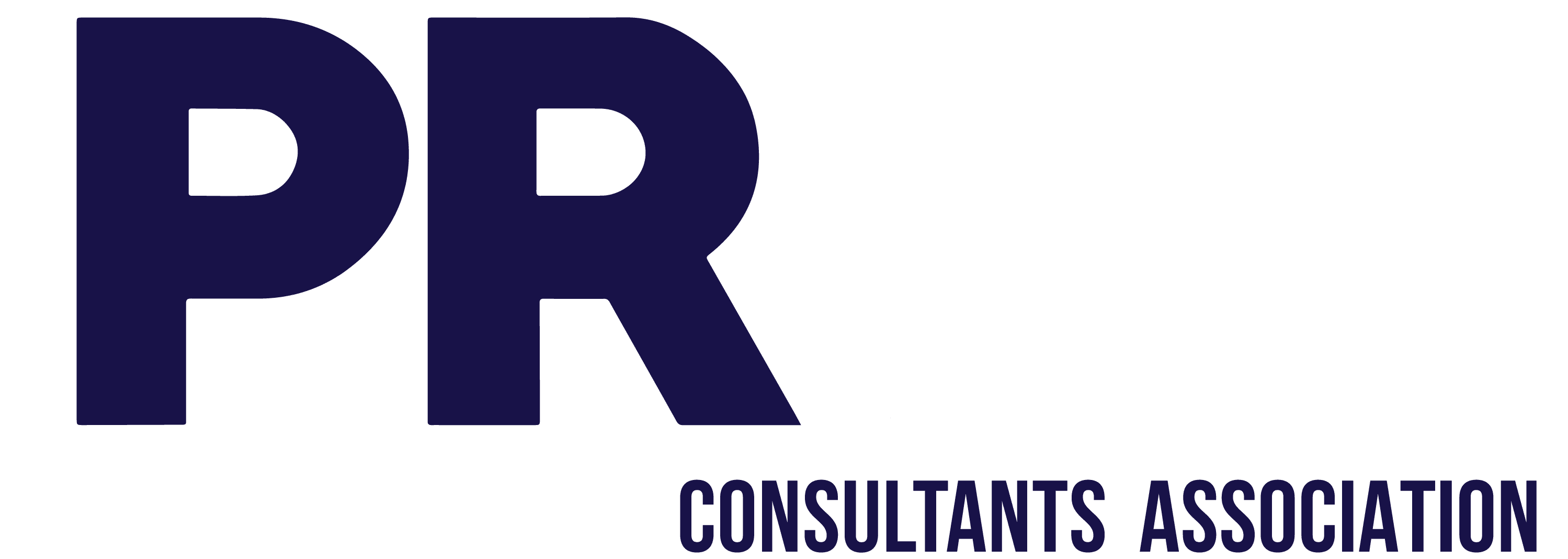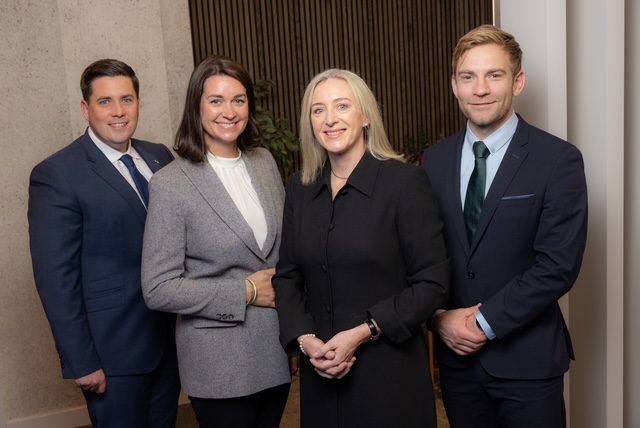One of the core principles of crisis management is preparing in advance and being ready for a crisis, when, or if, it occurs. These core principles are highlighted in this article, where Ann-Marie O’Sullivan, Chief Executive of AM O’Sullivan PR and Global President at IPREX, and three Asia Pacific (APAC) based IPREX partners share their views.
Ann-Marie O’Sullivan, Founder and CEO, AM O’Sullivan PR, and Global President, IPREX
The risks facing organisations are more significant and varied than ever. Whether it’s regulatory change, data breaches, industrial action, or reputational fallout from global issues, senior leaders are acutely aware that their response, and the speed at which it is communicated, can be a defining factor in building and maintaining trust with stakeholders.
In Ireland, we’re seeing greater demand for proactive crisis planning, not just reactive crisis response. Senior leaders want to be prepared: they’re focused on proactive scenario planning, message and stakeholder mapping, and media training well in advance of an issue or crisis occurring. They understand that crisis readiness is a fundamental pre-requisite for effective crisis management.
Equally, internal audiences are one of the most critical stakeholders in any crisis. With the risks of misinformation circulating internally, the pressures of social media, and expectations around information sharing and transparency, organisations must communicate clearly and authentically with their team, or risk losing control of the narrative.
At AM O’Sullivan PR, our approach to crisis management is rooted in strategic clarity, preparedness and speed of response. We partner with clients to prepare for crisis situations, building resilience and ensuring that communications serve not only to protect an organisation’s reputation, but to uphold trust with all key stakeholders.
Cho Pei Lin, Managing Director, APRW
Our operating environment has grown to become significantly more complex — with 24/7 news cycles, heightened stakeholder expectations for accountability and transparency, and the speed of social media amplification. Regardless of whether the organisation operates locally or globally, a single incident can escalate into a reputational crisis within minutes. Indeed, being prepared for crisis management has never been more important for organisations than it is today. And at the heart of effective crisis management is communications.
Clear, timely, and empathetic communication is often what determines whether an organisation preserves trust or loses it during a crisis. It is not enough to resolve the operational aspects of a crisis. Stakeholders — whether employees, customers, government, or the public — need to feel informed, reassured, and respected throughout the process.
Communications in a crisis serves three critical functions:
- Stabilising trust — Addressing concerns directly helps prevent speculation, misinformation, and reputational damage.
- Demonstrating leadership — Visible, credible communication shows accountability and reassures stakeholders that the organisation is in control.
- Enabling recovery — The way an organisation communicates during a crisis often shapes how quickly it can return to business-as-usual and possibly emerge stronger.
Diana Fernandes, Founder and Group CEO, Bloomingdale Public Relations
This year, we’re seeing a marked shift in client priorities driven by evolving market dynamics and heightened audience expectations. Brands are increasingly prioritising authenticity and agility in communication, seeking messaging that resonates deeply while remaining adaptable to real-time developments. There’s a stronger demand for integrated campaigns that blend traditional PR with digital, influencer, and content strategies to create cohesive, multi-platform narratives.
Crisis preparedness has also moved up the agenda, with clients looking for robust communication frameworks that can protect and restore brand reputation swiftly. In parallel, there’s rising emphasis on earned media credibility; clients want meaningful coverage that builds trust, not just visibility.
Sustainability and social responsibility are no longer optional; clients are actively integrating these narratives to align with consumer and stakeholder values. Meanwhile, data-driven insights are playing a larger role in shaping campaigns, with a clear demand for measurable outcomes tied to business goals.
Finally, clients are expecting senior-level involvement and strategic counsel, not just execution. They want partners who understand both the brand and the business context, and who can translate that understanding into long-term communication value. In short, priorities have evolved from visibility to relevance, resilience, and real impact.
Nicole Reaney, Inside Out PR, CEO & Founder
Crisis management remains critically important for organisations as risk exposures today are complex and can arise and accelerate over a 24-hour clock. No longer can a business reside within its geographical border. Nowadays, even the smallest firm is a global business, in that what may begin as a local crisis can appear in the international news cycle in minutes.
The influx of communication platforms, global markets, audience and news access, legislation, technology, faux news sites, accelerating information exchange and the vocalisation of communities to cultural or societal issues creates a dynamic landscape for businesses seeking to protect and enhance brand reputation. As search patterns shift to AI, a company’s digital footprint can have a lasting impact on how its brand is portrayed.
Anticipating and preparing for potential exposures places an organisation on the front foot. Minimising a reactive crisis management approach and taking control of the crisis narrative is the ideal model to ensure the strategy and message is considered and effective. Each situation will have its own nuances and requires a customised review, strategy and the utmost discretion. For this reason, AI should be used with some caution, and the emphasis should remain centred on the company’s values and ethos.
Conclusion
It’s clear from the insights shared by these IPREX partners that understanding the potential risks to organisations, anticipating and preparing for those risks, as well as accounting for the central role of stakeholders in any plan, are key to successful crisis management. Regardless of geographical location or, indeed, the nature of the crisis situation faced by an organisation, a robust approach to risk assessment and preparation, coupled with a speedy response, is key to navigating the challenges associated with crises, and ultimately protecting an organisation’s reputation into the future.



